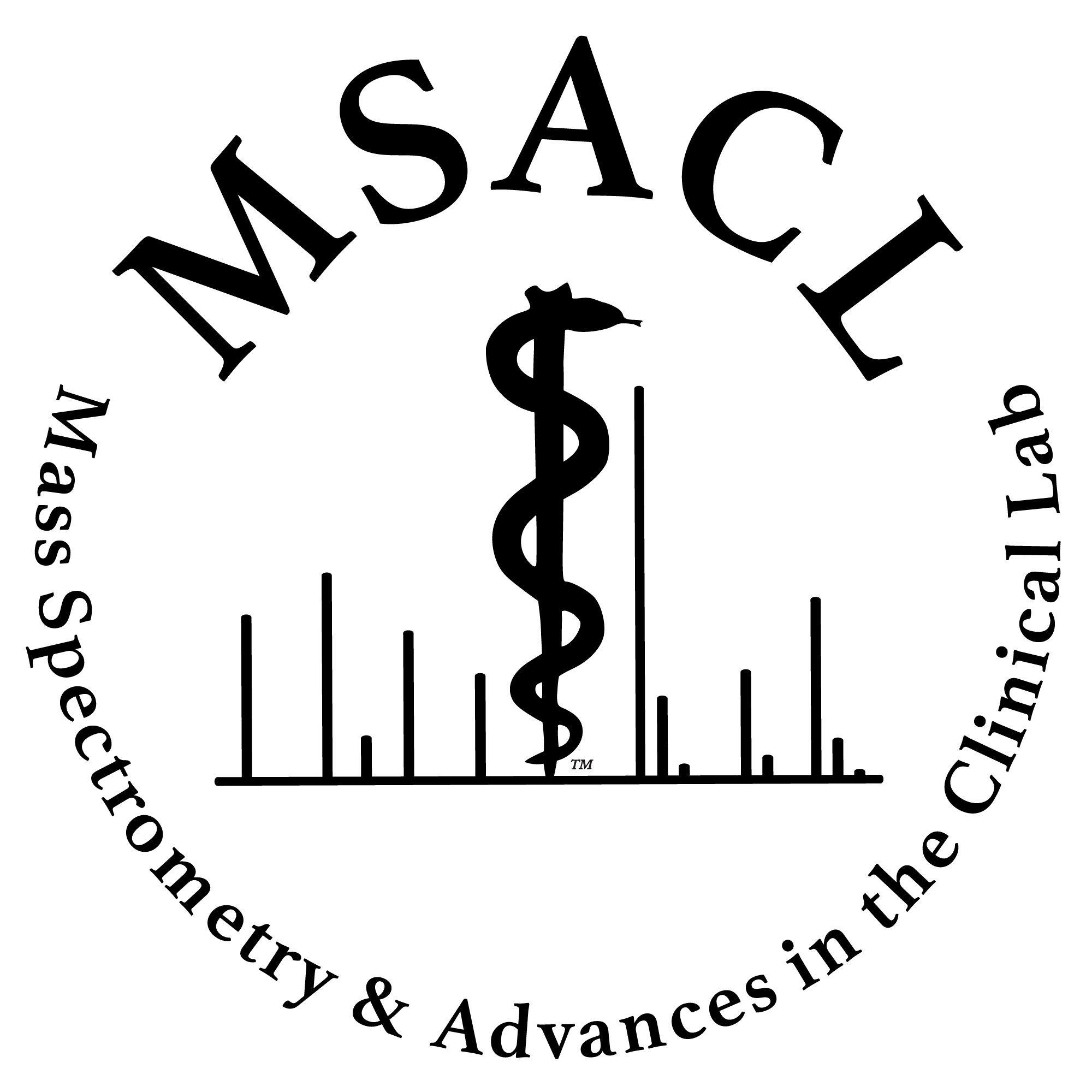|
Abstract Part 1: Introduction to Clinical Proteomics (The Big Picture)
This session is directed toward attendees new to mass spectrometry and/or its use for measuring proteins and peptides (proteomics) in the clinical laboratory. It will be presented in three parts with questions and discussion welcomed after each. Part one of this session will present the definition of proteomics within the broader context of systems biology. We will also discuss the clinical proteomics workflow within the context of the clinical laboratory environment, and how information gathered from proteomic measurements using mass spectrometry can offer clinical insight into a patient’s state of health, compared and contrasted to genetic, metabolomic, and other diagnostics, including proteomic measurements utilizing non-MS technologies.
Part 2: Introduction to Clinical Proteomics (Designing Robust Proteomic Assays)
Part 2 of this will discuss a few of the most common types of mass spectrometers in the clinical laboratory and how they perform their measurements in the context of proteomic diagnostics. We will also offer insight into designing a proteomic assay for use in the clinical laboratory, such as protease selection, signature peptide and MRM transition optimization, and workflow optimization. We will also discuss tools available to clinical scientists and operators to develop robust assays.
Part 3: Introduction to Clinical Proteomics (Quality Management for Proteomic Assays)
You’ve successfully designed, developed, and validated a proteomic assay for your clinical laboratory. Now, you must ensure it performs consistently on a day-to-day basis. In the final third of this practical training session, we will discuss some of the unique aspects of proteomic assays that allow you extra measures of quality monitoring beyond qualifier ion ratios and QC bracketing. This will be discussed within the context of a case study multiplexed proteomic assay routinely used in a high-throughput clinical lab.
|

